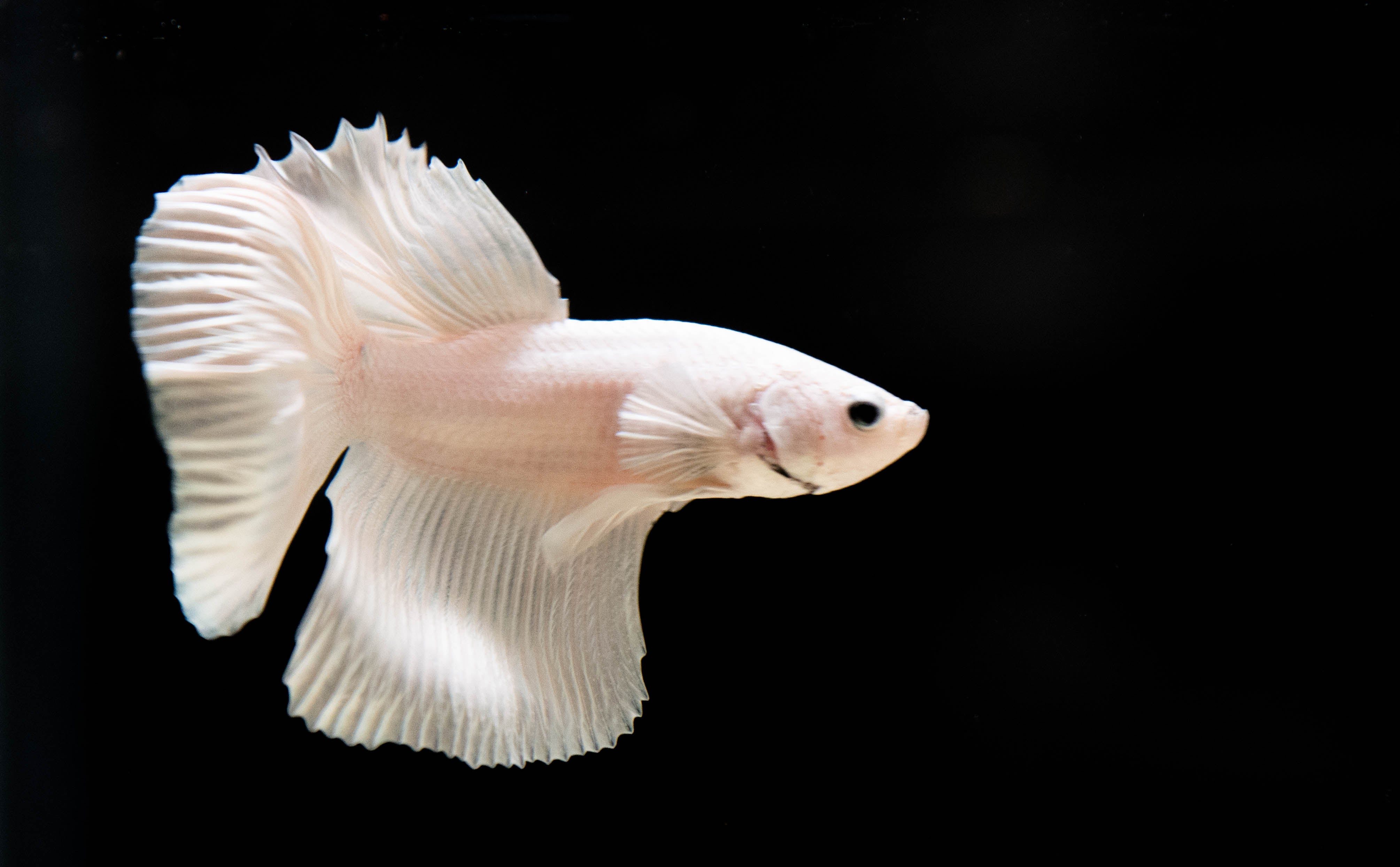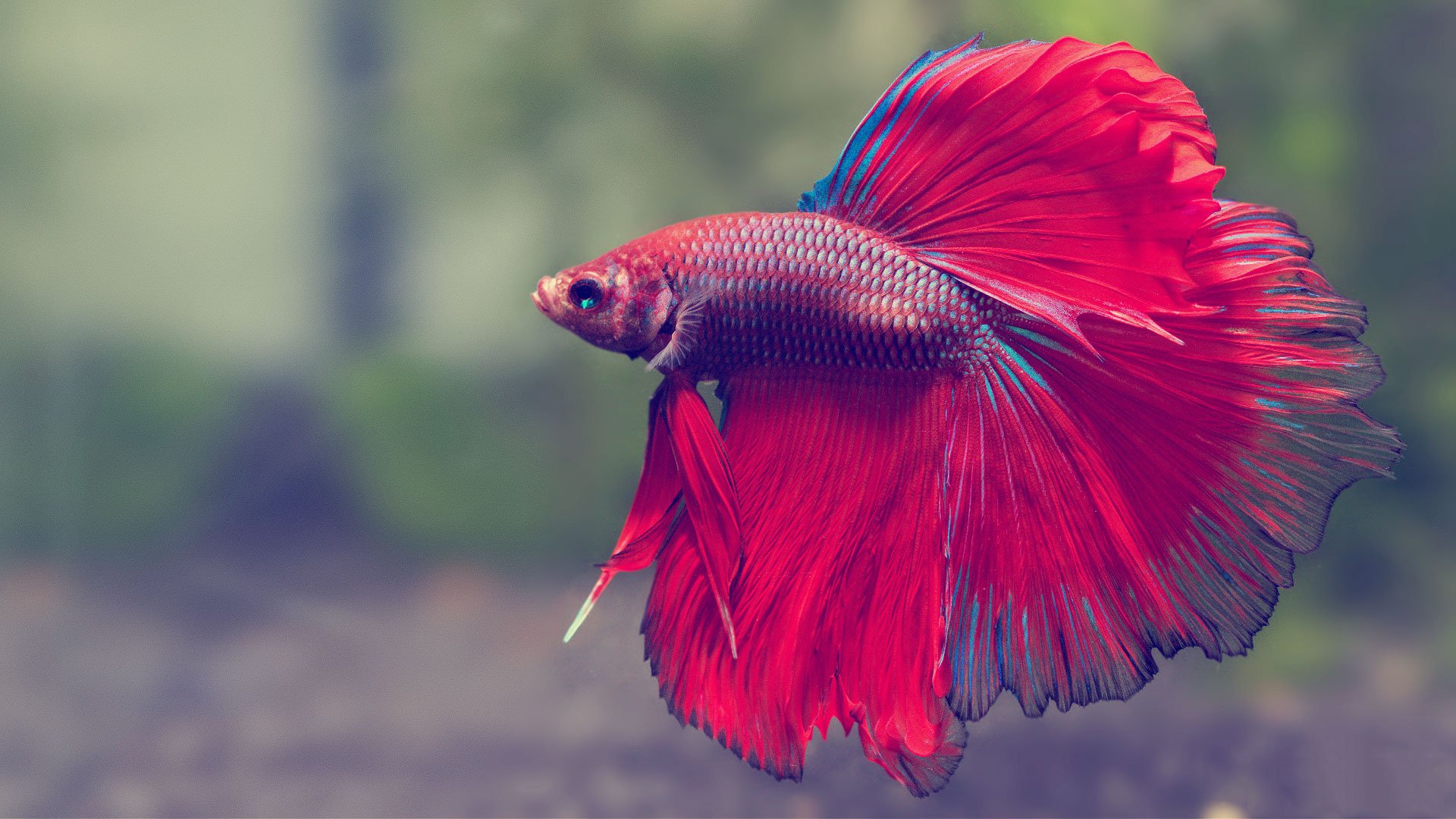Betta Fish Care: Important Tips for a Healthy and Delighted Family Pet
Wiki Article
All Concerning Betta Fish: Understanding Their Distinct Demands, Behavior, and the Finest Practices for Optimal Care
Understanding the unique needs and actions of Betta fish is necessary for any aquarist looking to give optimal care. betta fish. As we discover these aspects additionally, the effects for both newbie and seasoned fish keepers come to be progressively noticeable, raising inquiries regarding how ideal to suit these exceptional fish in our homes.Betta Fish Introduction
Although typically appreciated for their vibrant colors and flowing fins, Betta fish, scientifically referred to as Betta splendens, are complicated creatures that need specific care to grow. Stemming from Southeast Asia, these freshwater fish are understood for their territorial nature and distinct behaviors. Betta fish exhibit sex-related dimorphism, with men displaying more vivid shades and longer fins than women.Their aggressive tendencies, specifically amongst males, demand cautious consideration when real estate them. Bettas are often maintained in single-specimen storage tanks to prevent territorial disagreements. Nevertheless, they can exist together in harmony with specific compatible species in bigger neighborhood containers, supplied the environment fulfills their needs.

To guarantee ideal care, aquarists need to comprehend their one-of-a-kind behavior attributes, nutritional demands, and environment needs. betta fish. With correct focus, Betta fish can exhibit their dynamic characters and grow in a properly maintained fish tank setup
All-natural Habitat and Atmosphere
Betta fish flourish in a diverse series of natural environments, mainly discovered in the superficial waters of Southeast Asia, consisting of rice paddies, swamps, and slow-moving streams. These environments are defined by warm temperature levels, commonly between 75 ° F and 82 ° F(24 ° C and 28 ° C ), and a pH degree varying from 6.5 to 7.5, which is ideal for their health and health.
In their natural surroundings, Betta fish are accustomed to thick greenery, providing both sanctuary and breeding premises. The existence of plants such as floating water lilies and thick grasses not just provides defense from predators yet likewise adds to the oxygenation of the water, which is essential for their respiratory system demands. Furthermore, these environments commonly have locations of still water, allowing Betta fish to display their natural habits such as bubble nesting.
Understanding the all-natural environment of Betta fish is essential for fish tank lovers. Reproducing these conditions-- with water temperature, pH balance, and the incorporation of live plants-- can dramatically improve the total health and long life of these captivating fish, ensuring they prosper in a home aquarium setting.
Social Actions and Interactions
Comprehending the social actions and communications of Betta fish is crucial for successful fish tank management. Betta fish, or Siamese battling fish, are understood for their special behavioral characteristics, identified mostly by territoriality and hostility. Men, particularly, display extremely hostile habits in the direction of each other, causing the infamous reputation of Betta fish as fighters. In a confined area, 2 men can involve in violent conflicts, commonly causing injury or fatality.Alternatively, women Bettas show much less hostile actions and can exist side-by-side in teams, referred to as sororities, if presented appropriately. Nevertheless, it is crucial to monitor their communications very closely, as power structure and supremacy can result in conflicts. Comprehending the characteristics within a Betta community i loved this is vital; establishing hiding areas and guaranteeing adequate room can mitigate aggressiveness.
On top of that, Betta fish might also display inquisitiveness and social habits in the direction of various other types. While they can coexist with particular non-aggressive storage tank mates, it is essential to pick compatible species to stay clear of anxiety and aggression. On the whole, acknowledging these social interactions is crucial to fostering an unified aquarium setting for Betta fish.
Necessary Care Guidelines
Giving appropriate take care of Betta fish is vital to their health and health. To guarantee a growing atmosphere, it is vital to preserve optimal water problems. The water temperature need to be kept in between 76 ° F and 82 ° F(24 ° C to 28 ° C), while pH levels must vary from 6.5 to 7.5. Regular water adjustments-- approximately 25% regular-- aid keep water quality.Betta fish call for a suitable storage tank dimension; a minimum of 5 gallons is advised to provide sufficient room for swimming and hiding. Consist of designs and plants to develop a revitalizing environment, but prevent sharp things that can harm their delicate fins.

Last but not least, make sure the storage tank is geared up with a filter to maintain the water tidy, but use a mild filter to prevent strong currents that can emphasize the fish. By complying with these vital care standards, proprietors can promote a healthy and balanced and lively Betta fish.
Common Health And Wellness Issues and Solutions
In the care of Betta fish, recognition of common health problems is crucial for preserving their health. To treat fin rot, boost water problems and take into consideration utilizing a broad-spectrum antibiotic.An additional common ailment is ich, a parasitic infection defined by white places on the fish's body (betta fish). Treatment entails enhancing water temperature level and including fish tank salt to the container, as this can aid eliminate the parasite
Swim bladder problem is additionally often observed, causing buoyancy issues. This problem may occur from overfeeding or irregularity. A fasting period of 24-48 hours, followed by a go to the website diet regimen of blanched peas, can provide relief.
Lastly, bettas might experience velour disease, indicated by a gold dust-like appearance on their skin. Therapy commonly requires medication particularly made for external parasites, alongside improved storage tank hygiene.
Routine surveillance of water criteria, keeping a tidy atmosphere, and providing a balanced diet are important safety nets. By addressing these health issues quickly, Betta fish can lead healthier, much more vivid lives.
Conclusion
In recap, successful betta fish treatment needs an understanding of their distinct needs and habits. Regular surveillance of health and wellness and water quality, along with a balanced diet regimen, contributes to the long life and vibrancy of betta fish.Report this wiki page